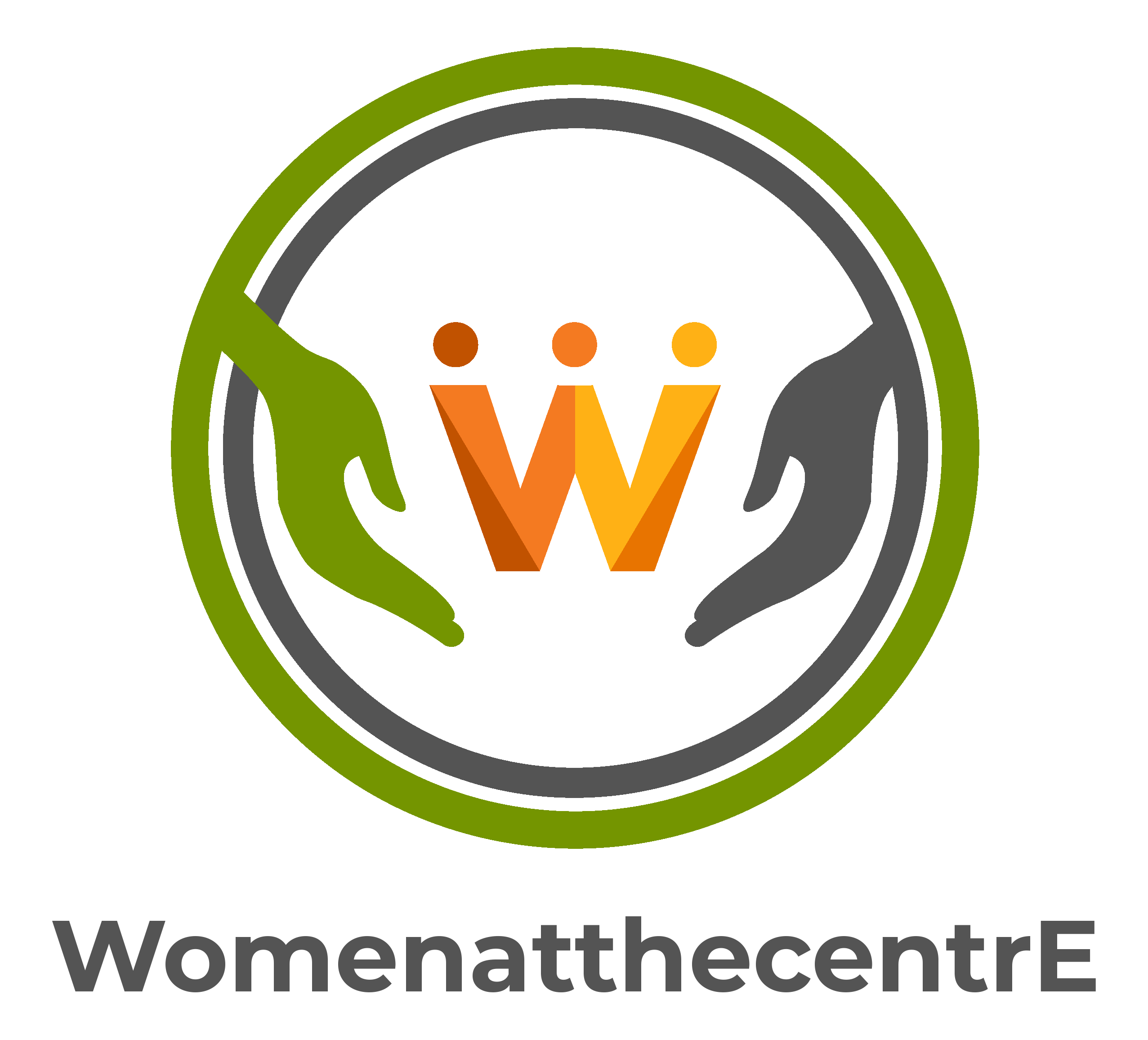Survivors’ Needs from their Networks of Care #
Everyone’s needs are different and unique, so instead of assuming or approaching with a “one-size-fits-all” mindset, we encourage the Networks of Care to ask survivors how they want to be supported and check in regularly, as these needs may change. Survivors and Networks of Care can work together to set clear expectations and boundaries to build a positive, caring relationship.
Survivors of human trafficking may face challenges when seeking support from their Networks of Care. Even with the best intentions, harm can occur if we do not have open and clear communication. Survivors shared with us key considerations for providing compassionate and supportive care. Networks of Care are encouraged to also practice self-compassion, recognizing that no one is perfect. Supporting others can be messy, but accountability, openness to feedback, and a commitment to growth are essential.
Genuine Care and Understanding #
Survivors emphasize the importance of genuine support that prioritizes listening and understanding. Having someone who is present, encouraging, and listens without judgment or rushing to offer solutions can make a significant difference.
Regular communication, like quick messages, check-ins, or quality time, fosters connection and reassures survivors they are cared for. For example:
- Listening attentively with empathy and without judgment. Be reflective of your internal biases, and work on those.
- Validating survivors’ feelings and experiences, acknowledging the violence they endured, is not their fault.
- Showing patience and empathy, recognizing that healing is not linear and looks different for everyone.
Respect for Autonomy and Boundaries #
Supporting survivors means respecting their choices, autonomy, and boundaries. This involves acknowledging their right to make decisions about their lives, healing, and future while trusting their ability to determine what they need and when. Networks of Care offer support and resources – and also empower and encourage survivors to lead their own healing journey. For example:
- Accept their decisions: Support survivors’ choices, even if you don’t agree. At the same time, be mindful of your own limitations and biases.
- Ask for consent: Before offering advice or physical contact, ask first. For example, say, “Would you like my thoughts on this, or should I just listen?” or, “Would a hug feel okay right now?”
- Respect their need for space: If survivors need time to process, honour this without taking it personally. Reassure them with, “I understand you need space, and that’s okay. I’m here when you’re ready.”
- Support decision-making: Empower survivors by encouraging their autonomy. Say, “Here are some options/suggestions that I can think of, but it’s your choice and decision. I trust you to decide what’s best for you.”
- Provide practical support without taking over: Help in manageable, collaborative ways. Ask what they need and offer options like, “Would it help if I came to your appointment, or should I wait outside?”
- Avoid pushing survivors to share or heal on a timeline: Healing is deeply personal and non-linear. Let survivors know you’re there for them, saying, “I’m here to support you at your pace.”
- Honour survivor agency: Respect survivors’ self-determination and expertise over their own lives. Avoid imposing your opinions or pressuring them into decisions. Empower them by trusting their ability to make choices that are best for them.
Practical Support #
Practical help can be another way Networks of Care can support. Survivors may need help with everyday tasks or accompanying them to important appointments. Providing this kind of help can ease some of the day-to-day challenges they may experience. For example:
- Help to access professional care: Networks of Care can help by helping survivors find and navigate services from different professionals, such as accessing medical services, counselling, legal services, etc.
- Help finding housing: Networks of Care can help survivors by helping them look for housing, helping with applications, and finding information on local programs that can help find affordable housing.
- Accompaniments: Networks of Care often offer support by accompanying survivors to appointments, court hearings, and other difficult engagements. Having access to a vehicle to provide transportation to appointments can be another way to support survivors and help with the stress of figuring out transportation.
- Household tasks: Care work can also be in the form of helping with household tasks such as cooking, cleaning, or grocery shopping.
- Reminders: Helping with reminders and keeping track of appointments was another strategy that was identified that was useful to some survivors.
- Companionship: Networks of care can simply just be present with survivors; watching a movie, going for a walk, or hanging out virtually and offering that companionship can help with the feelings of isolation and build community.
- Financial support: Providing financial support can be a way to help survivors. Networks of Care can support by buying someone groceries, helping with bus fare, and other forms of assistance depending on the person’s means.
Advocacy #
Survivors of human trafficking need allies to advocate for changes in laws and systems that often cause additional harm. These systems frequently lack trauma-informed care and effective supports. Trauma-informed care is an approach that recognizes the impact of trauma and prioritizes safety and empowerment. It involves understanding trauma’s effects, avoiding re-traumatization, and supporting healing through respectful, compassionate, and collaborative practices.
Networks of Care can use their voices to push for responsive laws that promote safety, less punitive measures that harm communities, and improved services that prioritize survivors’ well-being. Advocacy efforts promote healing through connection at the individual level for both survivors and Networks of Care, and as a community. Advocacy not only empowers communities to drive change and raise awareness about important issues, but also helps individuals build connections, feel empowered, strengthen solidarity, and create safer, more healing spaces.
Below are some examples of engaging in advocacy:
- Individual advocacy: Supporting survivors in navigating legal systems or accessing services.
- Community advocacy: Organizing workshops or events to raise awareness about human trafficking and its impacts.
- Policy advocacy: Advocating for funding to improve survivor services and care.
Trust and Confidentiality #
Trust is essential when supporting survivors. Survivors need to feel confident that their Networks of Care will maintain confidentiality and not share the sensitive, personal information or disclosures of violence they share in trust. Advocacy for survivors should always be done with their consent.
Honouring a survivor’s trust and confidentiality is key to building a supportive and respectful relationship. It reinforces that their boundaries are valued and that they have control over their narrative. Breaking this trust can harm the survivor and make it more difficult for them to seek or accept help in the future. For example:
- Keeping personal information private and not discussing it with others.
- Do not gossip or speculate about their situation, even with well-meaning friends or family.
Consistency and Reliability #
While life can occasionally disrupt commitments, open and honest communication is essential. Networks of Care are encouraged to evaluate their capacity to support and set realistic expectations without over-extending themselves. We want to highlight that providing support and caring for others has a way of taking a toll on oneself. Therefore, we encourage Networks of Care to reflect meaningfully and periodically on their capacity in a given time. It’s okay to not have the capacity to support in the way that you had hoped.
Consistency and reliability are important for survivors, as healing is an ongoing and non-linear process. Survivors need dependable Networks of Care to provide stability and safety. Unreliable support – such as broken promises, unfulfilled commitments, or inconsistent care – can harm survivors by creating a sense of instability, a lack of trust, and feelings of abandonment or invalidation, potentially discouraging them from seeking help in the future.
Networks of Care play a crucial role in a survivor’s healing journey by:
- Following through on commitments, such as showing up or completing tasks as promised.
- Maintaining regular communication to foster connection and trust, and to communicate boundaries and capacity levels.
- Demonstrating patience and continuing to support survivors, even during challenging times, while still respecting your own boundaries.
Avoid Stigmas and Shaming #
Stigma and biases can exist in all of us, and Networks of Care must reflect on and address internal biases that may contribute to stigmatization and shaming, particularly towards human trafficking and survivors. Survivors we consulted shared that stigma often leads to internal feelings of judgment and shame, discouraging them from seeking or accepting help and leaving them to face their challenges alone.
Stigma can also contribute to mental health issues such as anxiety, as well as isolation and avoidance of social situations. By actively working to avoid stigma, Networks of Care can create safer, more supportive environments for survivors.
Lack of Understanding #
Survivors have identified a lack of understanding about their unique experiences and needs as a significant challenge. This can result in harmful behaviours, such as expecting survivors to “get over” their trauma. These actions can further harm survivors and add to their negative experiences or assume all experiences are the same. Networks of Care are encouraged to research human trafficking without relying on survivors to educate them or share personal experiences. They must recognize that healing is a non-linear and ongoing process, a personal journey with ups and downs.
Clear Communication #
Clear communication is essential when providing support. Networks of Care may unintentionally use inaccessible language, such as words commonly used in social work or academic terms that not everyone uses. This can create barriers to mutual understanding, leaving survivors feeling excluded, disrespected, or helpless. Using clear and accessible language is especially important when helping survivors make decisions, ensuring they have the information needed to make informed choices.












